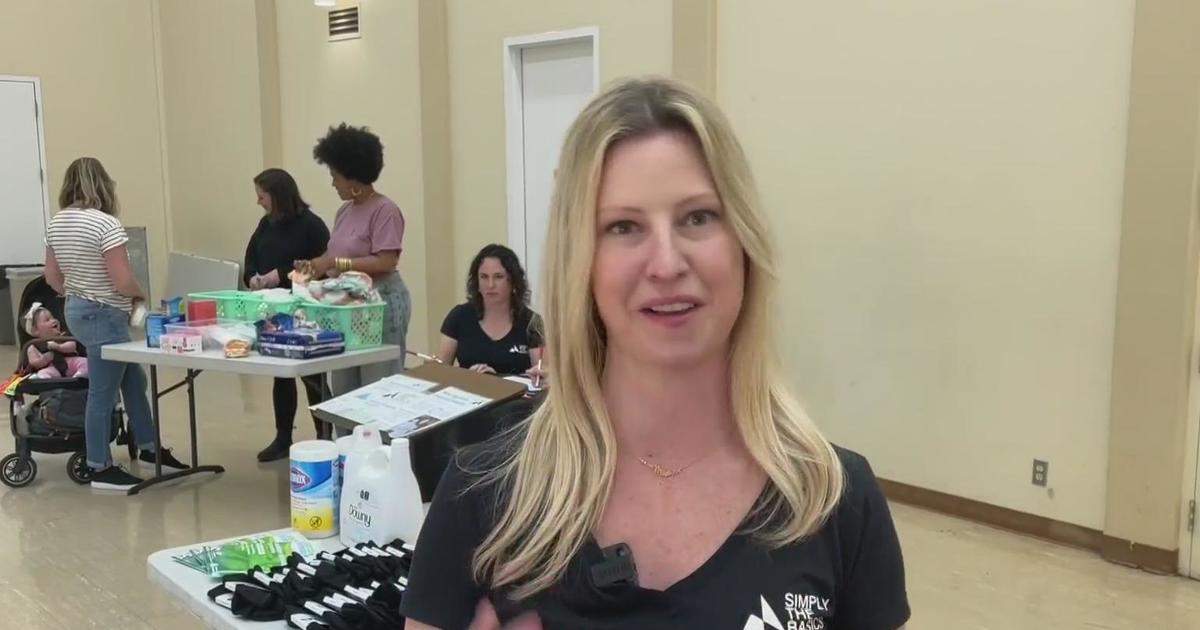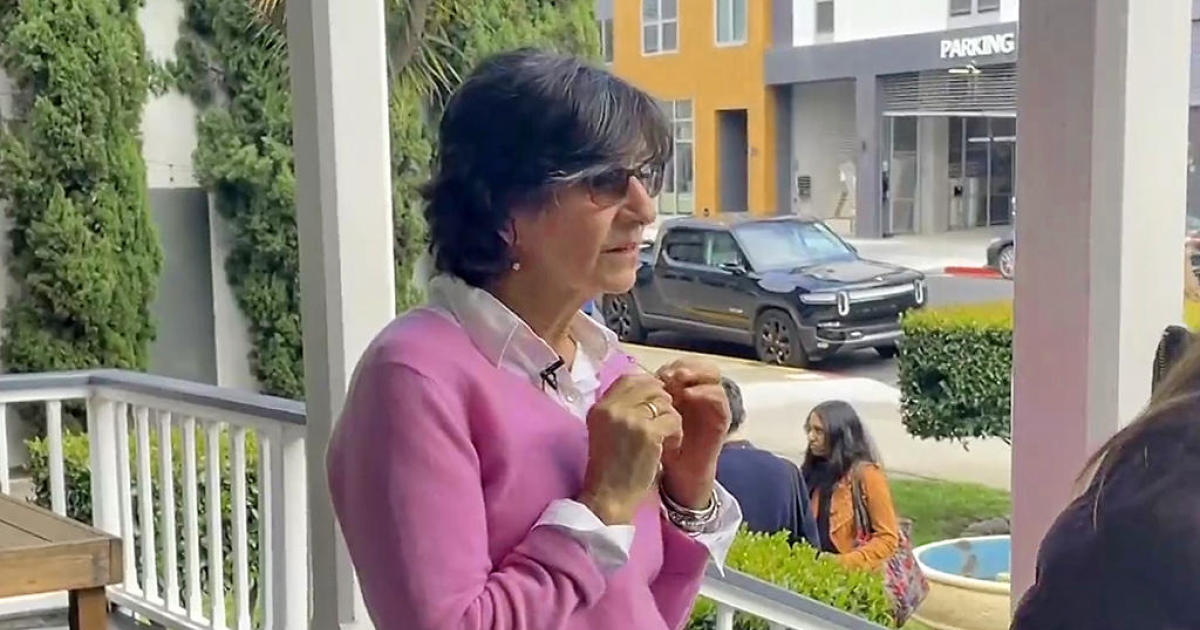Fiona Apple's Stunning Debut 'Tidal' Turns 20
By Olivia Isenhart
(RADIO.COM) – The very first line that introduced us to Fiona Apple in 1996 was spine-chilling and elegant, laced with the best facets of blue-eyed soul and filled with promise for the whole record to follow. Yet, it was so simple: "I tell you how I feel, but you don't care."
And so begins "Sleep To Dream," the opening track of Apple's renowned debut album, Tidal. The album was released twenty years ago (release date: July 23, 1996) and was penned when Apple was barely 18. At that time, she likely couldn't have anticipated just how many people would care; how many would listen intently to her as she poured out her emotions; how many would crave her perspective for years to come. But when she first put Tidal out there, the reaction wasn't what she had expected.
"I was so miserable," Apple reflected in a 2006 interview for the SundanceTV series, Iconoclasts. "The whole reason I wanted to make an album in the first place was because I was so tired of trying to explain my personality to people. I was so uncomfortable with the social situations, that I thought – I really, really thought – that if I had a CD of songs, I could just put that out in the world and then everyone would understand me," she explained, her voice picking up notes of sorrow and resentment. "Not only did I not get what I wanted, but I got exactly the opposite of what I wanted to have happen. Instead of having everyone be my friend and understand me, everybody thought I was awful."
Well, not everybody. In fact, Tidal's game-changing single, "Criminal," would earn the young singer-songwriter a GRAMMY for Best Female Rock Vocal Performance, and ultimately introduce a whole generation to her catchy, jazzy, and, at times, vitriolic music. Tidal would go on to sell millions of copies and be certified three times platinum in the U.S. But that didn't mean Apple wasn't paddling against the crashing waves of judgement that form when a new artist — especially a young, female singer-songwriter — is suddenly thrust into the center of the pop culture conversation. Her frustration with this newfound celebrity was brutally clear in her famed 1997 MTV VMAs appearance, as she reluctantly clutched the Moonman for Best New Artist and vented against her stardom. "What I want to say is, everybody out there that's watching, everybody that's watching this world – this world is bulls—. And you shouldn't model your life about what you think that we think is cool, and what we're wearing, and what we're saying and everything. Go with yourself. Go with yourself."
Well, not everybody. In fact, Tidal's game-changing single, "Criminal," would earn the young singer-songwriter a GRAMMY for Best Female Rock Vocal Performance, and ultimately introduce a whole generation to her catchy, jazzy, and, at times, vitriolic music. Tidal would go on to sell millions of copies and be certified three times platinum in the U.S. But that didn't mean Apple wasn't paddling against the crashing waves of judgement that form when a new artist — especially a young, female singer-songwriter — is suddenly thrust into the center of the pop culture conversation. Her frustration with this newfound celebrity was brutally clear in her famed 1997 MTV VMAs appearance, as she reluctantly clutched the Moonman for Best New Artist and vented against her stardom. "What I want to say is, everybody out there that's watching, everybody that's watching this world – this world is bulls—. And you shouldn't model your life about what you think that we think is cool, and what we're wearing, and what we're saying and everything. Go with yourself. Go with yourself."
Apple's tendency to take her anger out on the keys would bring us some of the most heartbreaking songs of the era, with unforgettable melodies and unapologetic lyrics. Those lyrics, which she claims she hardly ever erased, crossed out, or even wrote down in the first place, were honest and magnetic, especially in Tidal standouts like "Shadowboxer," "Slow Like Honey," and the strikingly raw "Never Is A Promise." And, memorable as they are, the words are just one small piece of the fluid songwriting process Apple holds so sacred. "I really, really enjoy fitting words together, but I only enjoy it when it's kind of easy; when it kind of just rolls along by itself," she said. "If I were to force myself to do it, then it would be crap. If you're not overflowing with something, then there's nothing to give."
It's a belief she would carry throughout her unorthodox career, which has been filled with long breaks between albums, leaving her fans to patiently spin the old stuff until her next idea is fully realized. "You know, I really, really, really honestly do not know if I will ever write a song again," she confided to director Quentin Tarantino in 2006 in that same episode of Iconoclasts. "If you have just made something, you should f—ing feel like you've got nothing left in you." It's quite likely Tidal left her feeling that way; drained of all the life she had poured into it, while the album, today, stays fresh and powerful even after two decades. But one thing was for sure: in just a few years' time, Fiona Apple would go on to prove that there was much, much more left in her.
©2016 CBS Local Media, a division of CBS Radio Inc. All rights reserved.



